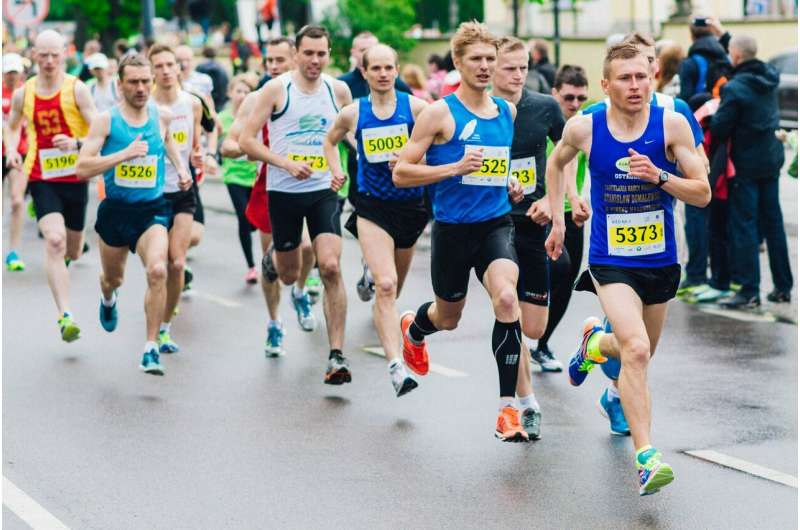The Vital Role of Family, Coaches, and Volunteers in Marathon Success

Marathon success relies on a strong network of family, coaches, and passionate volunteers who support athletes physically, emotionally, and logistically. Discover the community behind long-distance running.
In the recent Boston Marathon held this April, over 32,000 runners participated alongside approximately half a million spectators, exemplifying the immense community effort behind such events. While many assume that athletes mainly depend on fan support, the reality is that marathon runners lean heavily on a dedicated network of family, coaches, volunteer organizers, and healthcare professionals. These groups work tirelessly to ensure runners' safety, motivation, and overall well-being, making the marathon a true community endeavor.
Families play a fundamental role, providing emotional backing and logistical support. Research indicates that partners often adopt a cooperative approach, taking on chores and childcare to support their runner loved ones, which illustrates the collective spirit inherent in long-distance running. Personal stories from runners reveal that family members frequently accompany training sessions—such as biking alongside long-distance runners—to promote safety and encouragement.
The connection extends beyond family; coaches intimately know their athletes’ physical and mental states. They craft tailored training plans and offer ongoing motivation for months, emphasizing the importance of mental preparedness alongside physical conditioning. For example, coach Andy Jones-Wilkins, with over three decades of experience, stresses the importance of emotional support and continuous communication in helping runners achieve their goals.
Race organizers and volunteers form the backbone of marathon logistics and safety. Volunteers in Los Angeles and other cities dedicate thousands of hours, managing everything from registration and fueling stations to medical assistance and race cleanup. Their training includes first aid, hydration management, and injury prevention, underscoring their vital role in maintaining athlete safety.
Moreover, the marathon community includes healthcare professionals who address nutritional issues, prevent dehydration and heat-related illnesses, and provide medical evacuation when necessary. Their expertise often helps athletes recover a healthy relationship with food and enhances overall race performance.
Training for marathons also involves nurturing mental resilience. Experienced coaches like Jones-Wilkins equip runners with the tools to overcome race-day challenges and setbacks. They believe their role goes beyond physical training; it encompasses fostering mental and emotional strength, essential for tackling the demanding nature of long-distance running.
Ultimately, marathons symbolize more than just athletic achievement—they embody solidarity and community support. From family backing and expert coaching to dedicated volunteers and health professionals, each supporter contributes to turning a runner’s ambitious goal into reality.
Stay Updated with Mia's Feed
Get the latest health & wellness insights delivered straight to your inbox.
Related Articles
Regional Differences in Traditional and Existential Wellness in the United States
A comprehensive study reveals how regional cultural histories in the US influence residents' traditional and existential wellness, guiding targeted public health strategies.
The Importance of Father's Health During Preconception for Healthy Pregnancy and Child Outcomes
Emerging research confirms that a father's health before conception plays a vital role in pregnancy outcomes and child health, highlighting the importance of healthy lifestyle choices for prospective fathers.
The Impact of Social Media on Realistic Family Mealtimes
Social media platforms like Instagram often showcase an idealized version of family mealtimes, which can influence parental expectations and increase stress. This article explores how curated images differ from everyday reality and offers tips for promoting authentic family feeding routines.
Enhancing Emotional Well-Being and Fall Prevention Through Chair Yoga for All Ages
Discover how chair yoga promotes emotional well-being, improves flexibility, and helps prevent falls for people of all ages. Accessible and effective, it is a valuable addition to any wellness routine.



